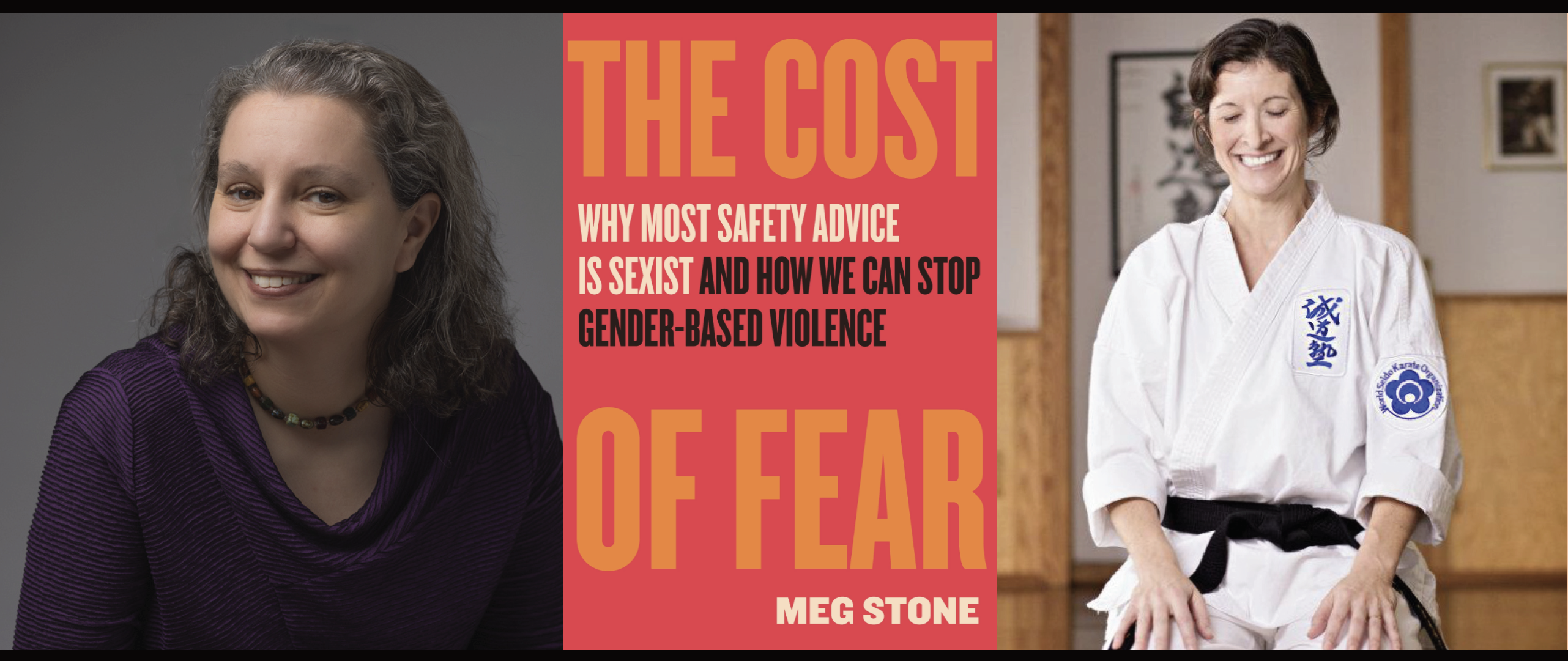



THE COST OF FEAR: Why Most Safety Advice is Sexist and How We Can Stop Gender-based Violence by Meg Stone
Sunday, September 14, at 6pm
at 4534 West Gate Blvd # 101 Austin, TX 78745
Free of Charge, but please RSVP online
BOOK DESCRIPTION: When it comes to avoiding violence, most women have gotten a lot of questionable advice, like “don’t wear a ponytail, an attacker could grab it” or “or “don’t go shopping alone.” The Cost of Fear exposes how sexist safety advice keeps us small - and offers a bold, evidence-based path to true personal and collective safety. At the intersection of feminism, public safety, and social justice, The Cost of Fear empowers us with evidence-based tools to resist coercive control, reclaim our power, and join the fight for social justice - not by shrinking our lives, but by expanding our agency.
MEG STONE is the Executive Director of IMPACT Boston, an abuse prevention and empowerment self-defense organization. Her first book, THE COST OF FEAR: Why Most Safety Advice is Sexist and How We Can Stop Gender-based Violence was published by Beacon Press in 2025. Her writing has been published in Huffington Post, Boston Globe, Newsweek, Washington Post, Dame, Ms., and other publications. Meg lives in Cambridge, Massachusetts with her partner Mal and a shockingly large collection of musical theater cast albums.
SUSAN SCHORN has taught writing and literature at the University of Texas, St. Edward's University, and the University of Hawaii-Hilo. She holds black belts in Kyokushin and Seido karate and is a member of the National Women's Martial Arts Federation and former chair of the board of directors for Sun Dragon Martial Arts and Self Defense, NFP, in Austin, Texas. She earned her nidan (second degree) black belt in Seido karate in 2011. She has written for radio and online publications, including McSweeney's and The Rumpus.
We are part of a community that not only wants to prevent violence, but wants to help those who have experienced it, as well. We believe that everyone is entitled to physical and emotional safety, and working towards a peaceful and respectful society is all of our responsibility.
Inquire about a workshop